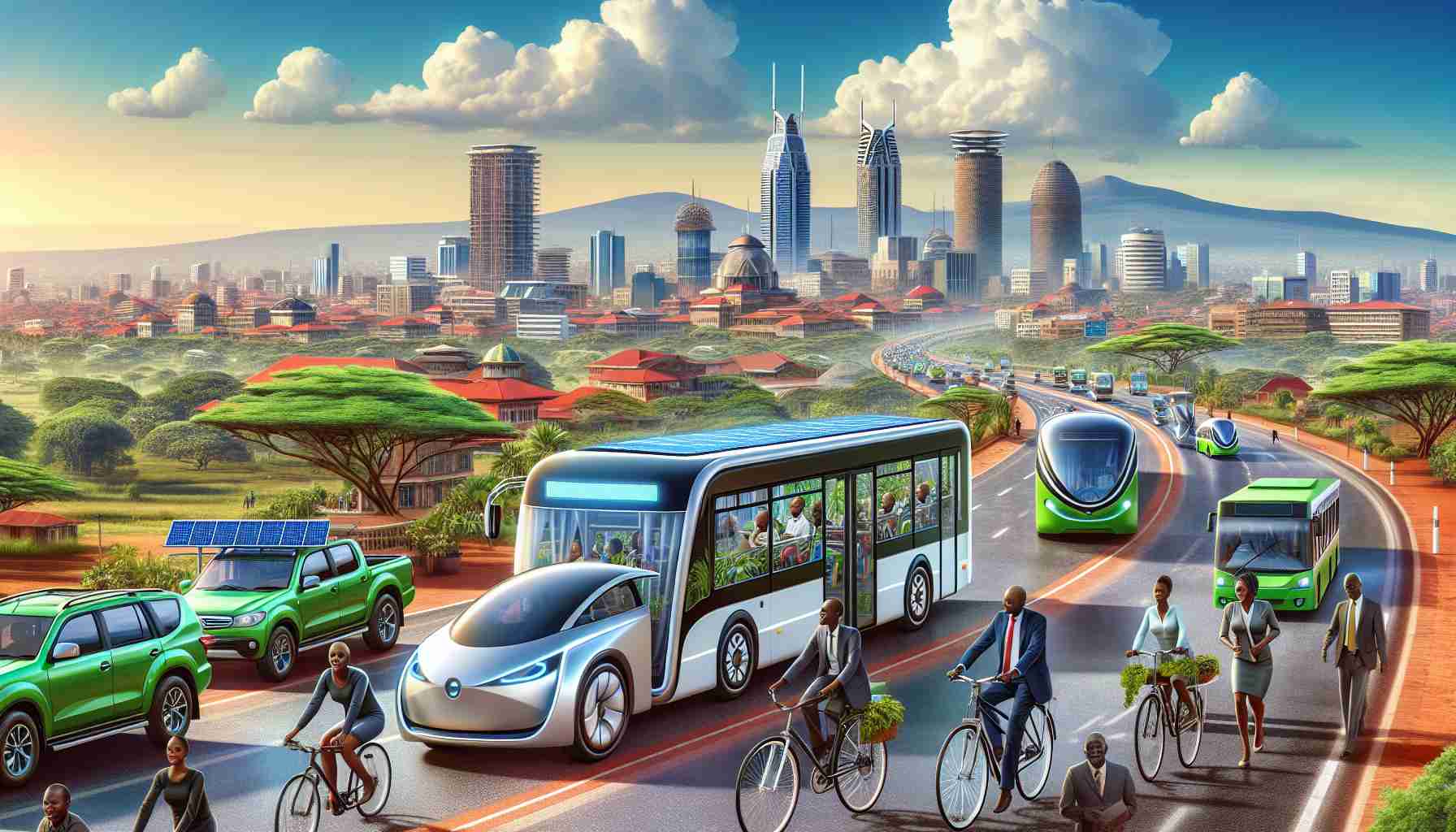In a groundbreaking development, the Kenya Bureau of Standards (KEBS) has taken a significant step towards promoting sustainable transport by implementing a new regulation for the importation of used electric vehicles (EVs). With the aim of safeguarding the environment and ensuring the quality of vehicles on its roads, Kenya now requires all imported used EVs to have a battery life of at least 80%.
This precedent-setting regulation showcases Kenya’s commitment to environmental conservation and sets it apart as a leader in the adoption of green transportation solutions in Africa. It also serves as a message to both international exporters and local importers, highlighting Kenya’s stringent standards for vehicle quality and its dedication to preserving the environment.
As part of the new directive, KEBS has partnered with Quality Inspection Services Inc (QISJ) to carry out a thorough pre-inspection process for electric cars coming from countries such as Japan, the United Arab Emirates, Thailand, Singapore, South Africa, and the United Kingdom. This inspection ensures that Kenya does not become a dumping ground for substandard electronic waste disguised as vehicles.
However, this regulation not only focuses on sustainability but also emphasizes quality control. By banning the importation of electric cars with less than 80% battery life and setting an eight-year age limit requirement, Kenya is taking proactive measures to safeguard against potentially hazardous and unreliable vehicles.
The implications of this directive extend beyond sustainability and quality control. Kenya’s decisive action positions the country as a pioneer in sustainable transport in Africa. It serves as a wake-up call to other nations in the region and the global automotive industry, emphasizing the need to shift towards greener transportation solutions.
In conclusion, Kenya’s regulatory measures under KEBS’s directive underscore the nation’s foresight and commitment to embracing the future of transportation. By enforcing strict standards for the importation of used electric vehicles, Kenya is taking a significant step towards a cleaner, greener future for both the planet and its people. This bold move ensures that Kenya remains at the forefront of sustainable transport developments in Africa and serves as an inspiration for others to follow suit.
Frequently Asked Questions:
1. What is the new regulation implemented by the Kenya Bureau of Standards (KEBS)?
– The new regulation requires all imported used electric vehicles (EVs) to have a battery life of at least 80% to promote sustainable transport and ensure the quality of vehicles on Kenya’s roads.
2. What is the significance of this regulation?
– This regulation showcases Kenya’s commitment to environmental conservation and positions the country as a leader in adopting green transportation solutions in Africa. It also emphasizes Kenya’s stringent standards for vehicle quality and dedication to preserving the environment.
3. Who is KEBS partnering with to enforce this regulation?
– KEBS has partnered with Quality Inspection Services Inc (QISJ) to conduct a comprehensive pre-inspection process for electric cars imported from countries such as Japan, the United Arab Emirates, Thailand, Singapore, South Africa, and the United Kingdom. This inspection aims to prevent Kenya from becoming a dumping ground for substandard electronic waste disguised as vehicles.
4. What are the requirements set by Kenya for imported electric cars?
– Apart from the 80% battery life requirement, Kenya also has an eight-year age limit for imported electric cars. These measures are in place to ensure the safety and reliability of the vehicles.
Definitions:
– Kenya Bureau of Standards (KEBS): The national standards organization in Kenya responsible for promoting global competitiveness, consumer protection, and environmental conservation through standardization, metrology, and conformity assessment.
– Electric Vehicles (EVs): Vehicles that are propelled by one or more electric motors, using energy stored in rechargeable batteries rather than internal combustion engines.
– Sustainability: The ability to meet the needs of the present generation without compromising the ability of future generations to meet their own needs. In the context of transport, it refers to environmentally friendly and energy-efficient practices.
– Quality Control: The process of ensuring that products or services meet the predetermined standards and requirements through inspection, testing, and corrective actions to maintain consistency and reliability.
– Green Transportation: Refers to transportation methods that have a minimal impact on the environment in terms of emissions, energy consumption, and resource depletion. It includes modes such as electric vehicles, public transit, cycling, and walking.
Suggested Related Links:
Kenya Bureau of Standards
Quality Inspection Services Inc (QISJ)
The source of the article is from the blog rugbynews.at
